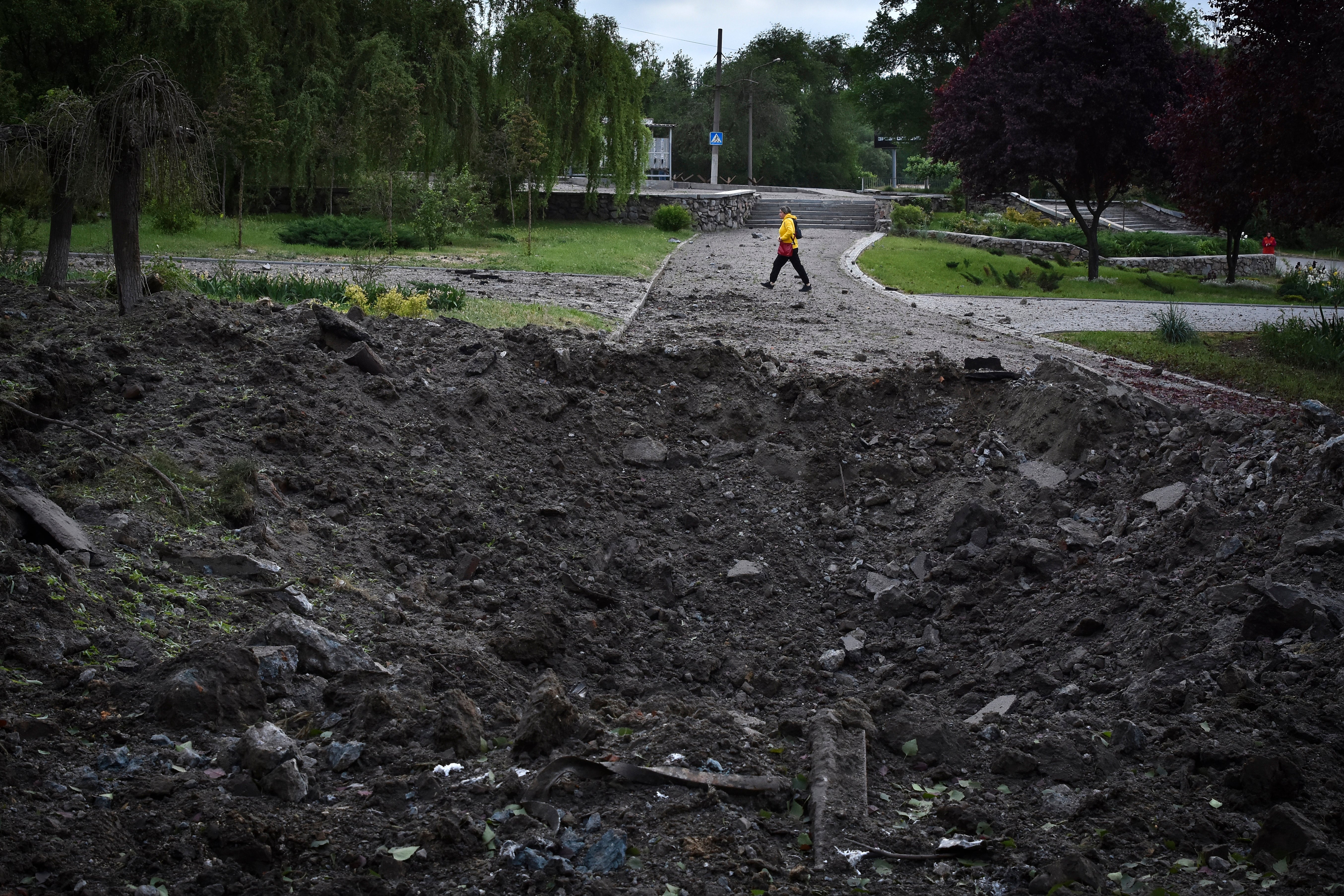EU reaches a tentative deal on Ukraine aid coming from profits of frozen Russian assets
European Union nations have reached a tentative breakthrough deal to provide Ukraine with billions in additional funds for arms and ammunitions coming from the profits raised from frozen Russian central bank assets held in the bloc

Your support helps us to tell the story
From reproductive rights to climate change to Big Tech, The Independent is on the ground when the story is developing. Whether it's investigating the financials of Elon Musk's pro-Trump PAC or producing our latest documentary, 'The A Word', which shines a light on the American women fighting for reproductive rights, we know how important it is to parse out the facts from the messaging.
At such a critical moment in US history, we need reporters on the ground. Your donation allows us to keep sending journalists to speak to both sides of the story.
The Independent is trusted by Americans across the entire political spectrum. And unlike many other quality news outlets, we choose not to lock Americans out of our reporting and analysis with paywalls. We believe quality journalism should be available to everyone, paid for by those who can afford it.
Your support makes all the difference.European Union nations reached a tentative breakthrough deal to provide Ukraine with billions in additional funds for arms and ammunitions coming from the profits raised from frozen Russian central bank assets held in the bloc.
The agreement among the 27 EU ambassadors was announced by Belgium, which holds most of the frozen assets in the bloc. It came after weeks of tough negotiations among member states, which were made more complicated by the stringent financial limits on using such funds.
The deal should free up to 3 billion euros ($3.2 billion) a year for Kyiv, of which 90% could be spent on ammunition and other military equipment.
Officials said a first installment of the funds could reach Kyiv in July.
The EU is holding around 210 billion euros ($225 billion) in Russian central bank assets, most of it frozen in Belgium, in retaliation for Moscow’s war against Ukraine. Kyiv has long been urging that those funds be used to get vital military supplies as it struggles to stave off renewed Russian attacks.
A small group of member states, especially Hungary, refuse to supply weapons to Ukraine so special safeguards had to be included in the deal to allow for some 10% of the funds to be considered general aid.
EU member states still need to officially endorse the ambassadors' agreement.
___
Follow AP’s coverage of Russia’s war in Ukraine at https://apnews.com/hub/russia-ukraine